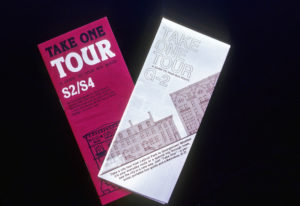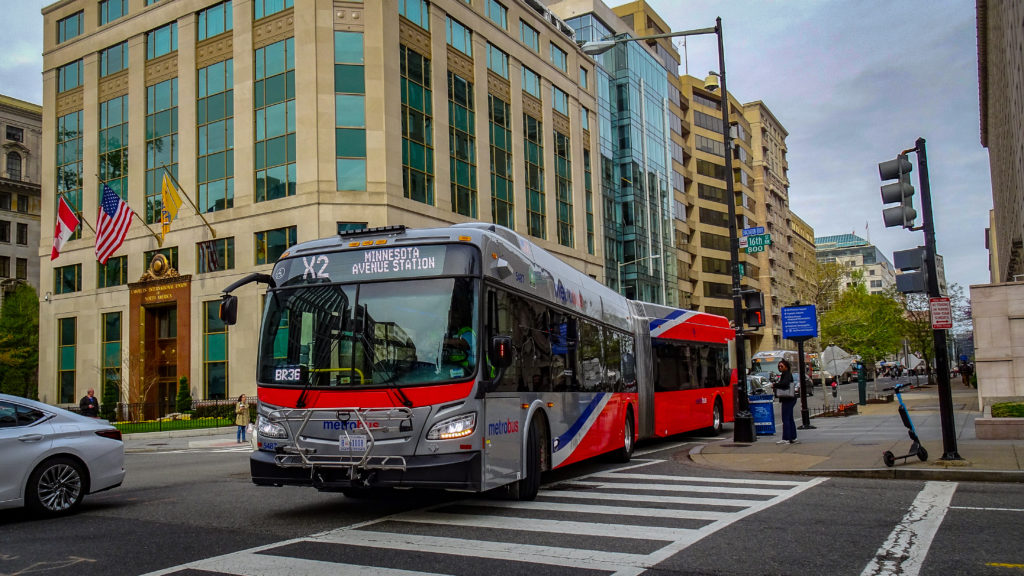Legal Challenge Brought Against Effort by Trump-Vance Administration to Stymie Public Access to East Potomac Park, Create Exclusive Golf Course for President
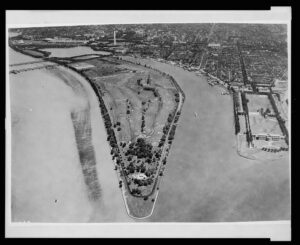
The DC Preservation League and two local residents are taking legal action to protect East Potomac Park and its golf course, challenging the Trump-Vance administration’s unlawful and possibly hazardous dumping at the park as part of an effort to convert the public recreation space into an exclusive, high-end golf course. East Potomac Park is seen as a model for public golf courses in America, and is still the most used public golf course in Washington, D.C. Plaintiffs are represented by Democracy Forward Foundation, Lowell & Associates, and Democracy Defenders Fund.
“The East Potomac Golf Links is a unique cultural landscape that reflects the history of recreation in the nation’s capital. Altering its historic character would undermine a site meant to be accessible to the public. Historic preservation is about maintaining the qualities that make a site an asset—affordability, openness, and architectural significance—rather than allowing for exclusive redevelopment. Losing this golf course would significantly impact our shared history and limit public access to one of the District’s vital recreation and green spaces,” said Rebecca Miller, Executive Director of DC Preservation League.
“This property is near and dear to so many in this region’s golf community, and should be kept as a resource for the wide range of golfers that use it today,” said plaintiff Alex Dickson. “Allowing East Potomac golf course to become dependent on the whims of the White House deprives this community of what the National Park Service set out to accomplish with a long-term operator that can not only oversee sustainable improvements but do so with the needs of golfers with varying experience, skill levels, and economic means in mind.”
“Like so many others in the D.C. area, East Potomac Golf Links is a special place for me. It’s where I first introduced my kids to the game, and where we’ve spent many a Father’s Day afternoon together. In a city where politicians are constantly focused on what separates us, East Potomac is one of the few remaining spaces where no matter who you are, what you do, or the state of your game, everyone is welcome and everyone is treated the same. East Potomac Golf Links is a testament to what’s possible with public land and why public spaces matter. It deserves better than becoming a dumping ground for waste and yet another private playground for the privileged and powerful. That’s why I’m proud to join this fight to keep East Potomac accessible, affordable, and engaging for all,” said plaintiff Dave Roberts.
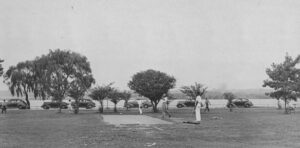
East Potomac Golf Course itself is an irreplaceable part of American history. The layout was designed by the preeminent golf course architect Walter J. Travis, whose designs (including for iconic locations such as Westchester Country Club in New York, Hollywood Golf Club in New Jersey, and Cape Arundel Golf Club in Maine) remain deeply influential on modern course architecture. Patterned after the links courses of Scotland, Travis’s course at East Potomac offered an egalitarian design open to a variety of skill levels.
The U.S. Department of the Interior (DOI) and its National Park Service have started efforts that will undermine access to East Potomac Park and seek to build in its place, per media reports, a golf course designed for professional tournaments and more exclusive events for wealthy golfers. Though any sort of massive reconstruction would legally require review and approvals, including those mandated by the National Environmental Protection Act (NEPA), DOI has already taken several steps in implementing that plan, including dumping roughly 30,000 cubic yards of dirt, debris, and wreckage from the sudden and unlawful excavation for the East Wing Modernization Project at the White House, on the East Potomac Golf Course. That debris included wires, pipes, bricks, and other materials — apparently untested for pollutants or contaminants.
In addition to unlawfully dumping debris on the course in October 2025, DOI also terminated the lease held by the National Links Trust, a non-profit organization previously entrusted with stewardship of East Potomac Golf Course.
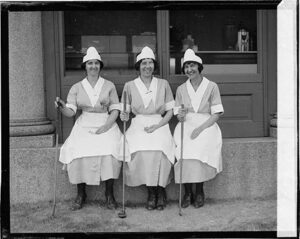
“Golf is a sport that, at its best, is accessible and available to be enjoyed by all,” said Skye Perryman, President and CEO of Democracy Forward. “The East Potomac golf course is a historic course that for decades has been available for all to play. Yet, no public space appears to be safe from this administration or the narcissistic efforts by the president to mark his territory, at the expense of both American taxpayers and U.S. history. We are acting to save this priceless part of our national park system from being another casualty of a reckless administration. We are honored for the partnership of our plaintiffs in fighting back against this unlawful assault on our cherished public spaces.”
“The Trump administration’s blatant attempt to circumvent the law and turn this public treasure into a private playground for the wealthy cannot stand,” said Abbe Lowell, Founding Member at Lowell & Associates. “We will fight to protect East Potomac Park, ensuring that it remains an accessible space for everyone—regardless of their income or status.”
Norm Eisen, the founder and executive chair of Democracy Defenders Fund, stated, “This marks the latest iteration of President Trump’s efforts to plunder our national monuments and public spaces and recast them in his own image. Like his previous attempts, we will not allow this to stand. We are so pleased to join forces once again with two of our nation’s great democracy fighters, Democracy Forward and Lowell & Associates, to bring this landmark action.”
East Potomac Park occupies a publicly owned, human-made island just south of the National Mall that Congress declared a public park in
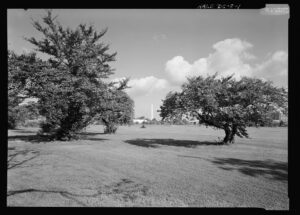
1897, decreeing that it should be “forever held and used as a park for the recreation and pleasure of the people.” Today, the vast majority of the park’s 330 acres are used for recreation, including not only East Potomac Golf Course but also tennis courts and a playground. Japanese cherry trees, pines, and other flowering trees frame a road and scenic walkways and bike trails around the perimeter of the island down to Hains Point, a 15-acre open green space at the southern tip of the park boasting panoramic views of the Anacostia and Potomac Rivers. The park regularly hosts running races, guided bird walks, fishing events, and picnics.
The case is DC Preservation League et. al. v. Department of the Interior, et. al. and the legal team at Democracy Forward working on the case includes Will Bardwell, Mark Samburg, Catherine Carroll, and Robin Thurston. The team with Lowell & Associates includes Abbe Lowell with support from Norm Eisen and the Democracy Defenders Fund.
Read today’s filing here.
Press may contact Democracy Forward at press@democracyforward.org
– # # # –
Democracy Forward Foundation is a national legal organization that advances democracy and social progress through litigation, policy, public education, and regulatory engagement. For more information, please visit www.democracyforward.org.
Lowell & Associates, PLLC provides strategic and principled legal representation across civil, criminal, compliance, congressional and regulatory matters. The firm brings a deep understanding of both the law and the broader context in which our clients operate, serving individuals, businesses and institutions that value experienced counsel and effective advocacy in today’s legal environment.
Democracy Defenders Fund brings together a nonpartisan team to work with national, state and local allies across the country to defend in real-time the foundations of our democracy.

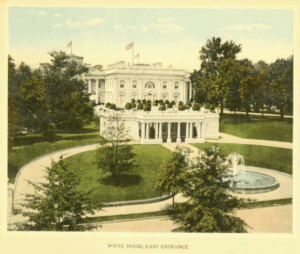
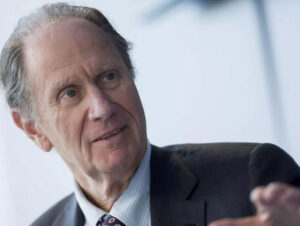
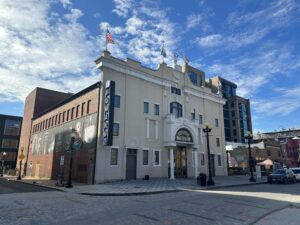 REQUEST FOR BIDS
REQUEST FOR BIDS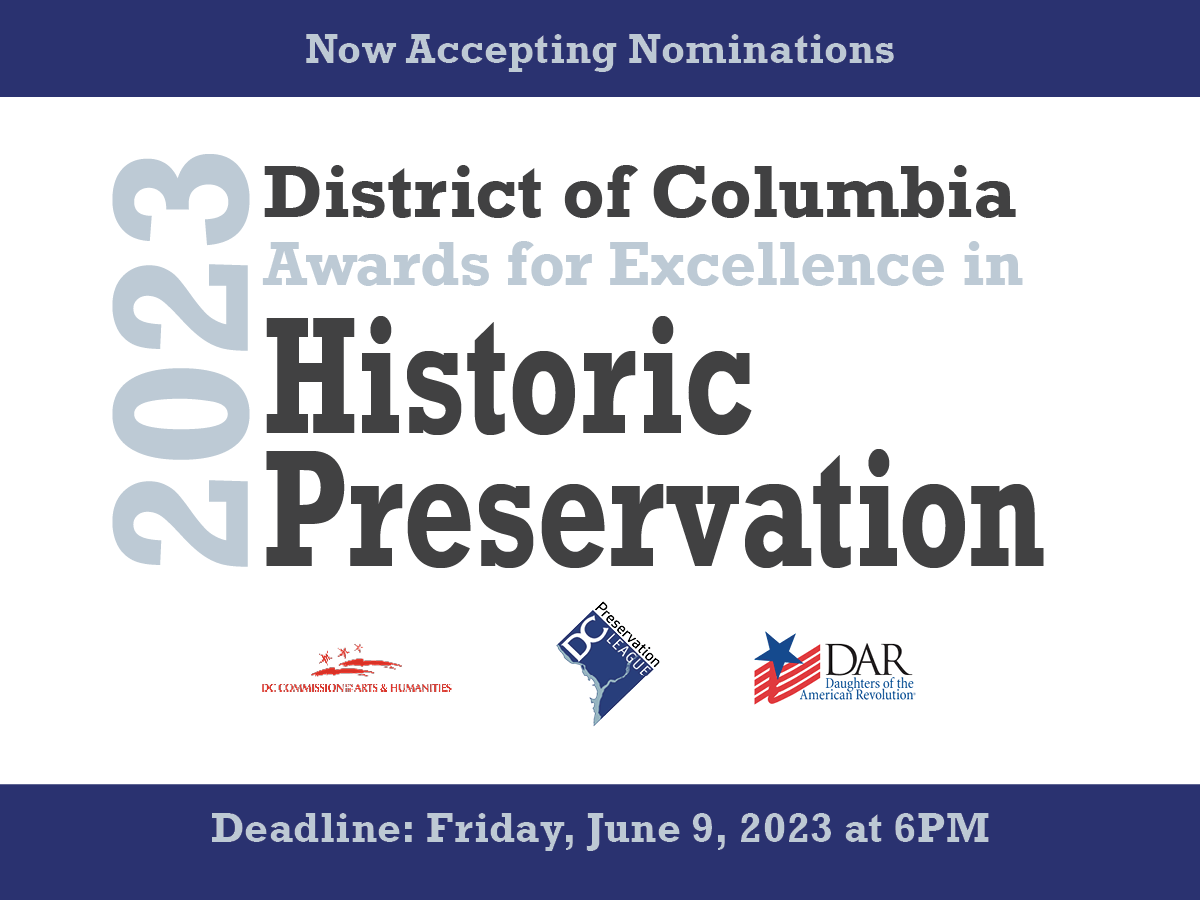



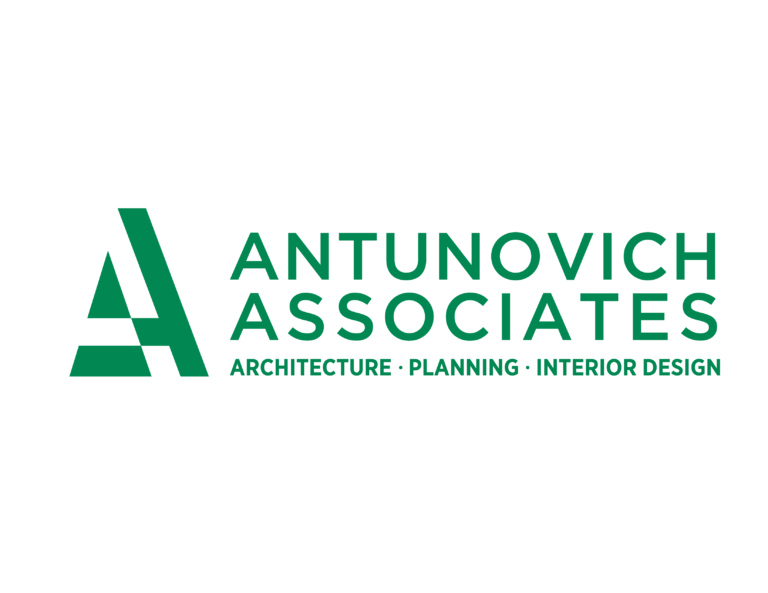
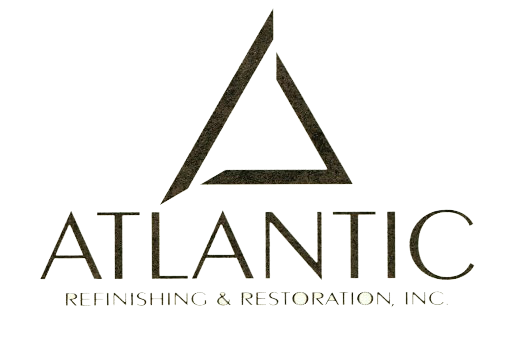

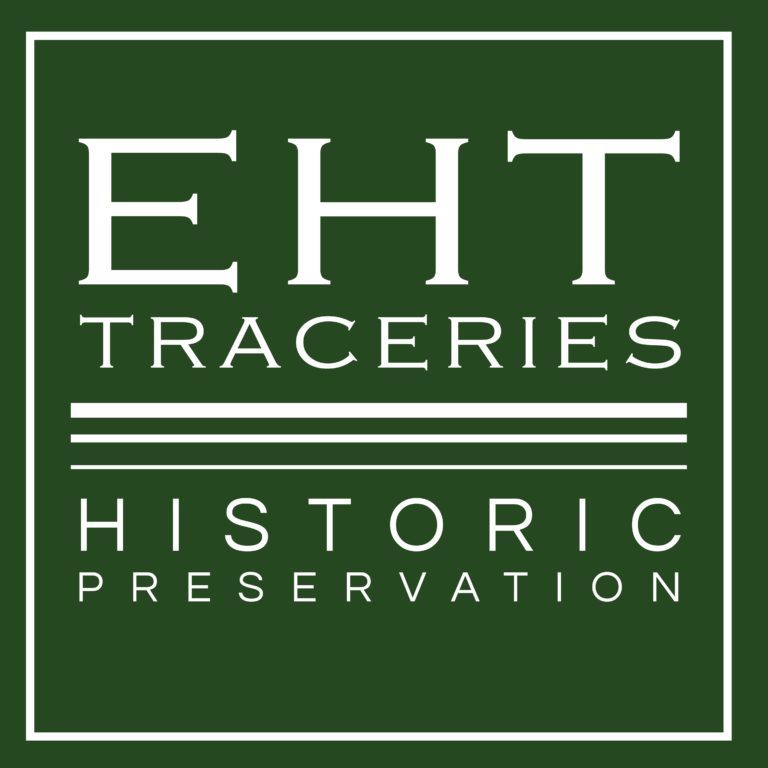
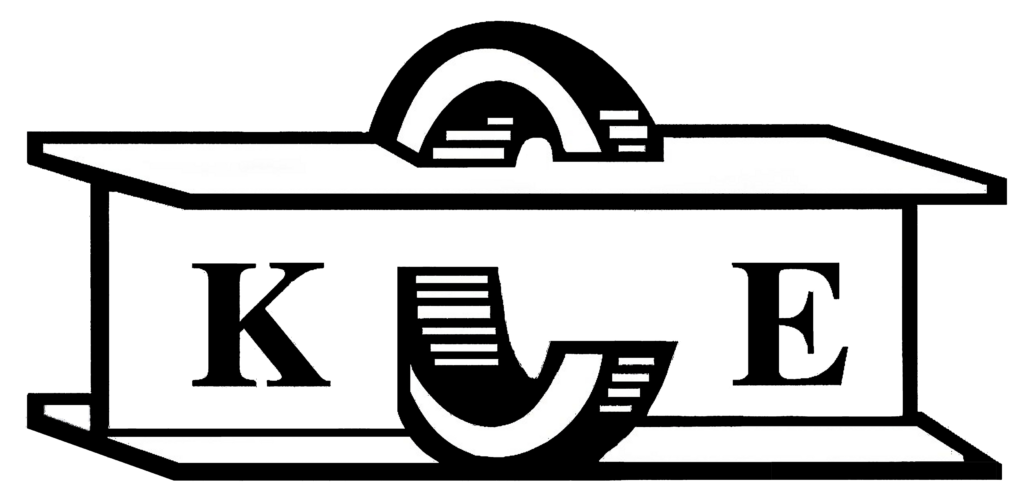
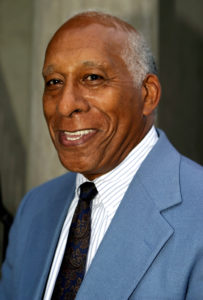
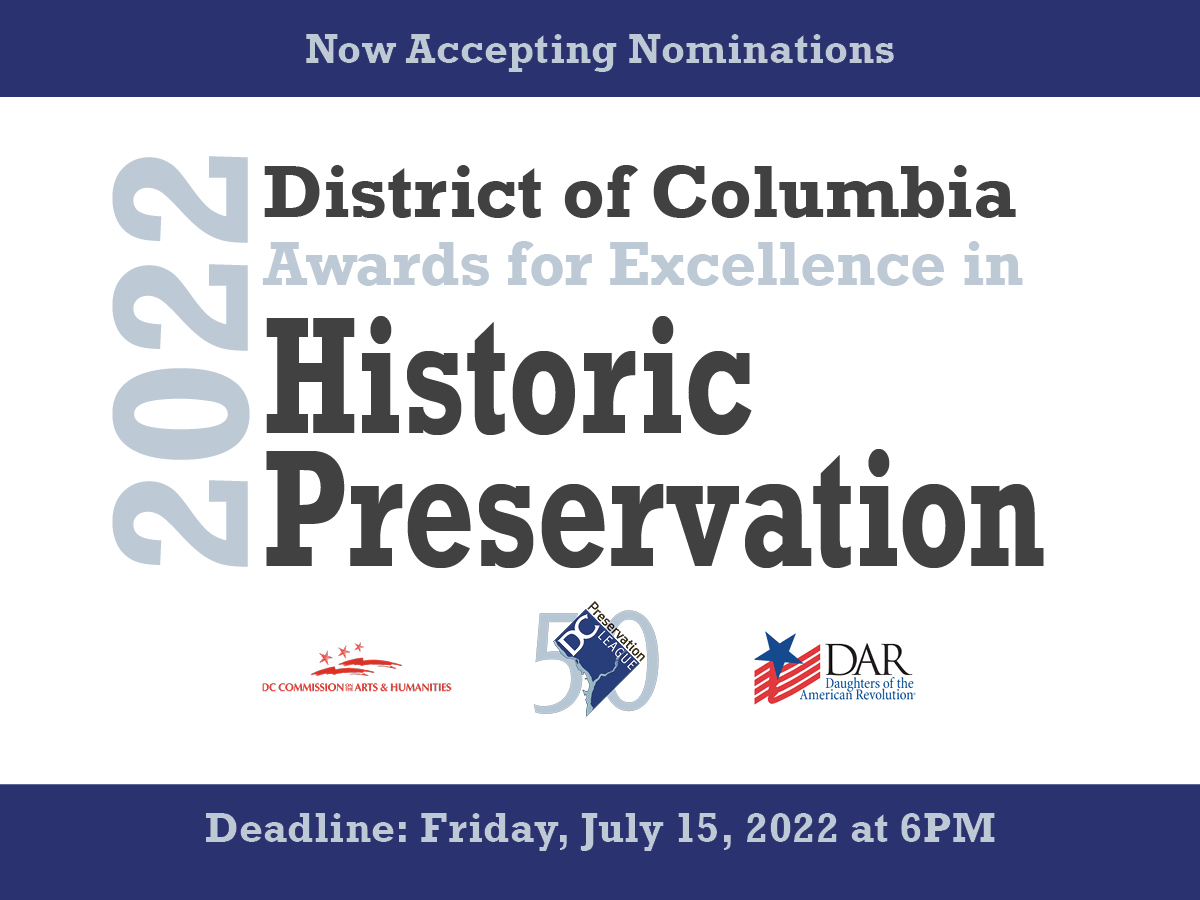
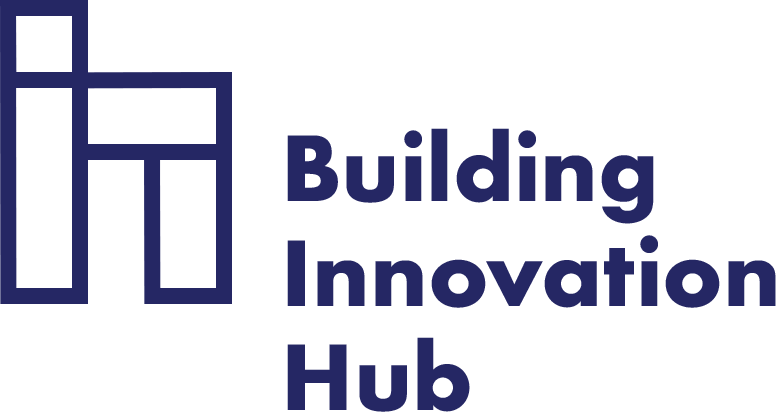
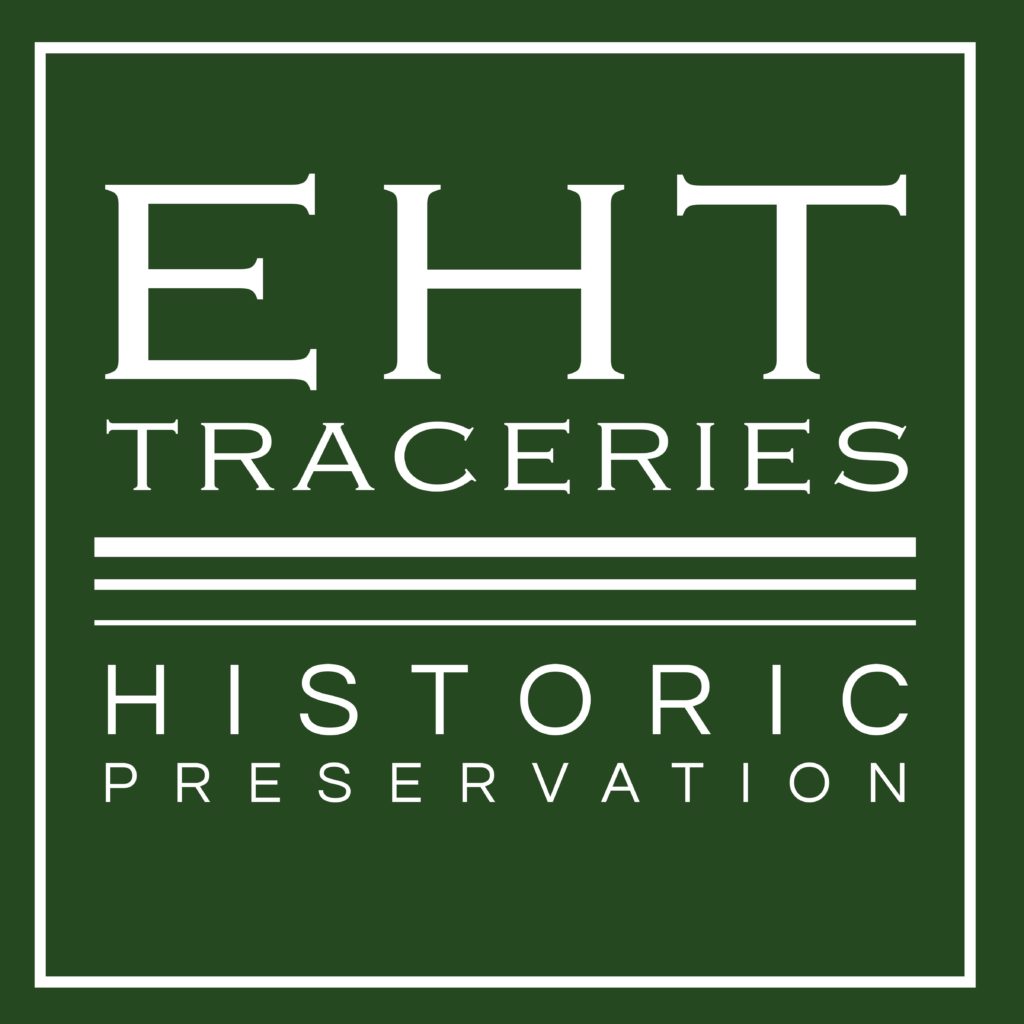

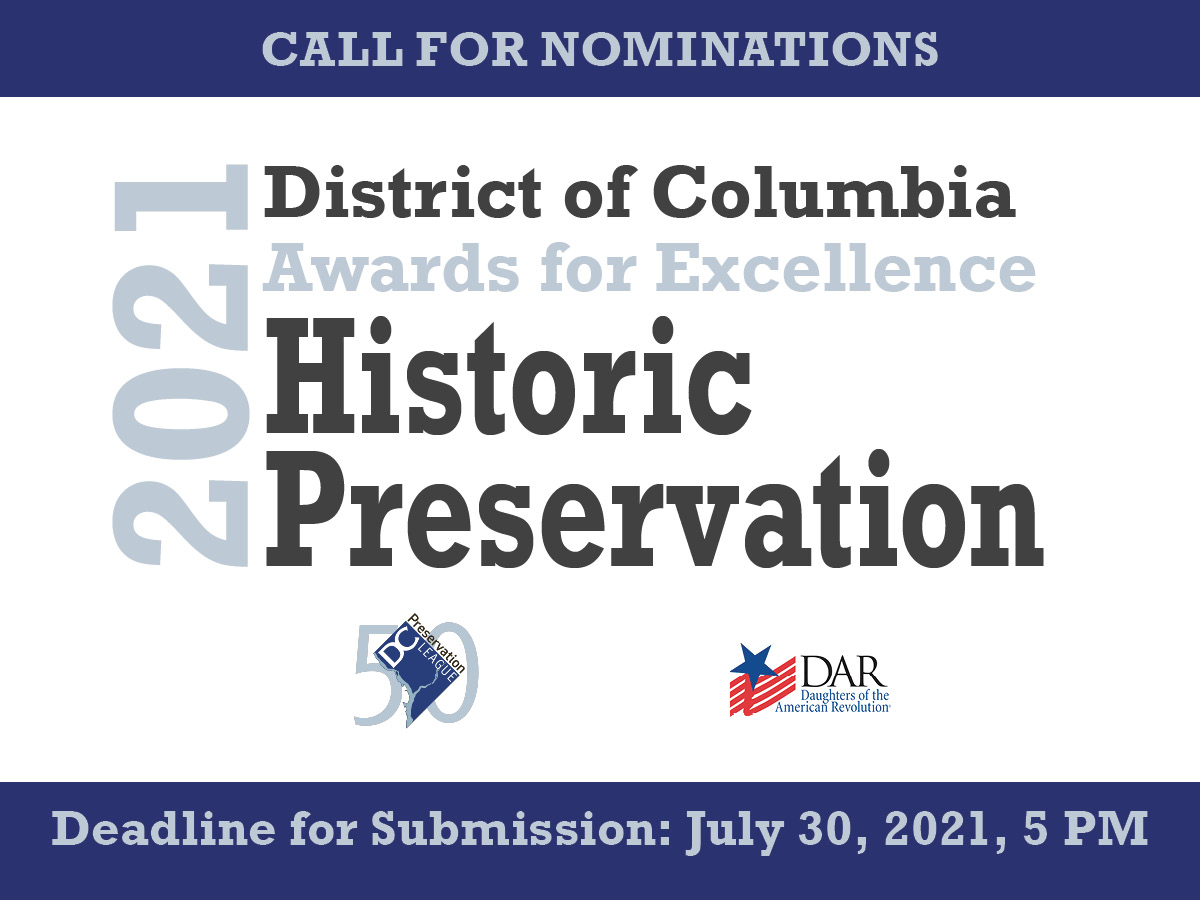


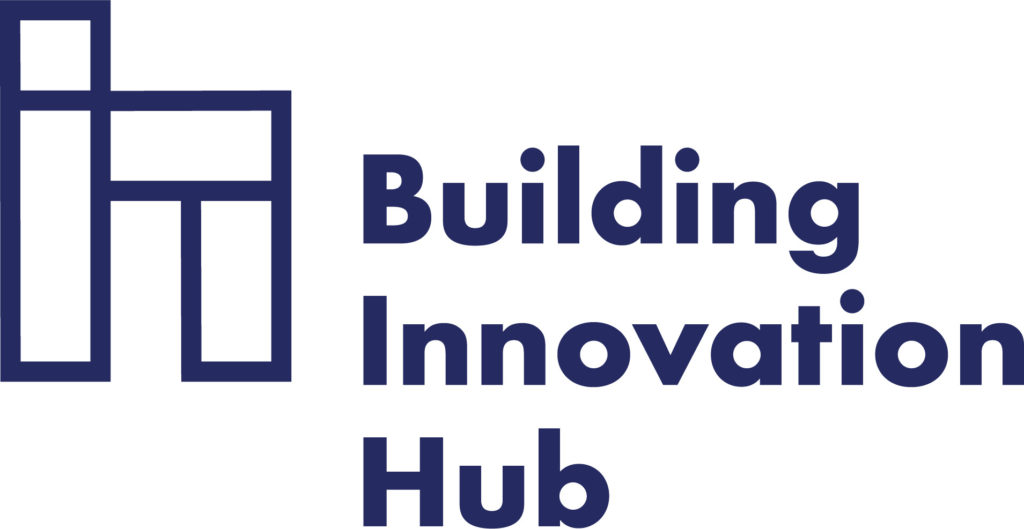

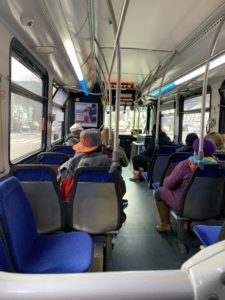 The Washington Metro Area Transit Authority (WMATA) provides a popular bus service known as “Metrobus”–the sixth busiest bus agency in the country. Serving over 11,000 stops on 325 routes, Metrobus transports passengers across DC, Virginia, and Maryland.
The Washington Metro Area Transit Authority (WMATA) provides a popular bus service known as “Metrobus”–the sixth busiest bus agency in the country. Serving over 11,000 stops on 325 routes, Metrobus transports passengers across DC, Virginia, and Maryland.